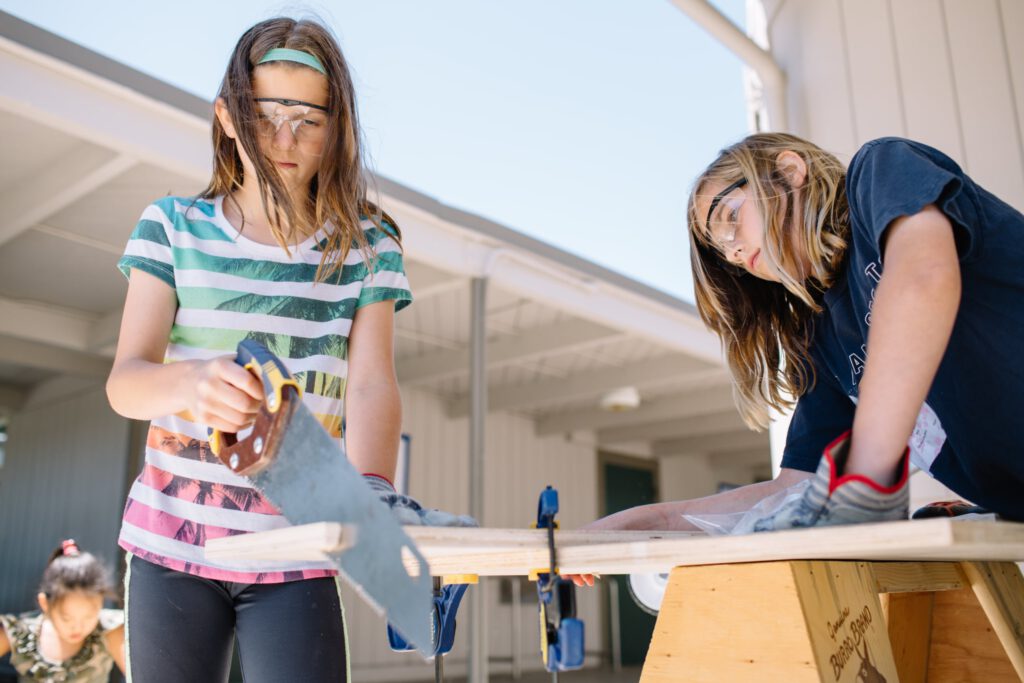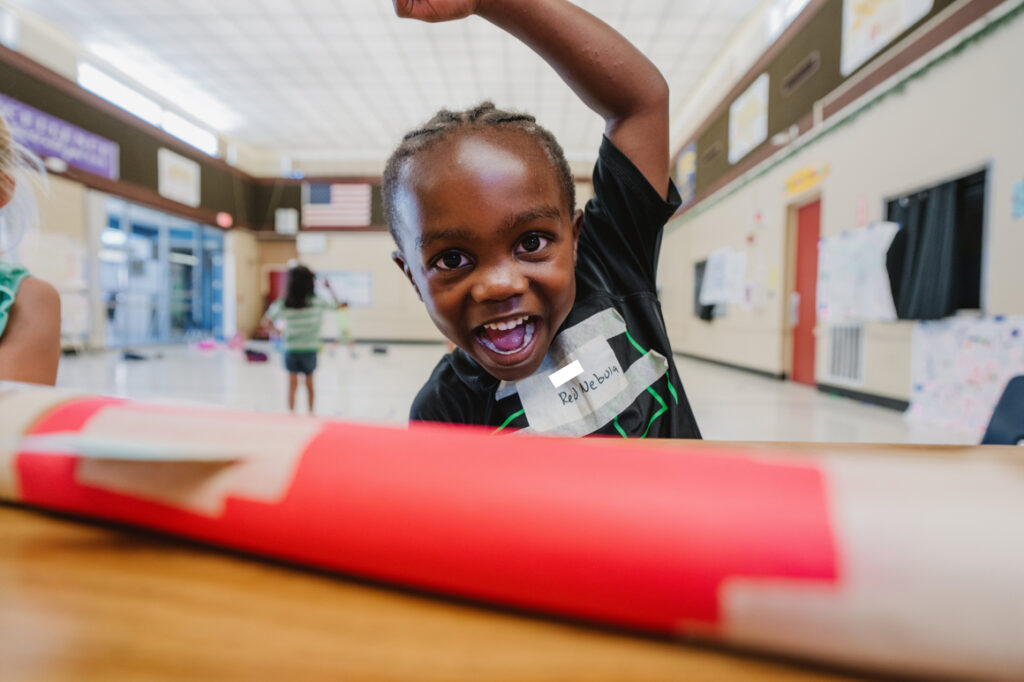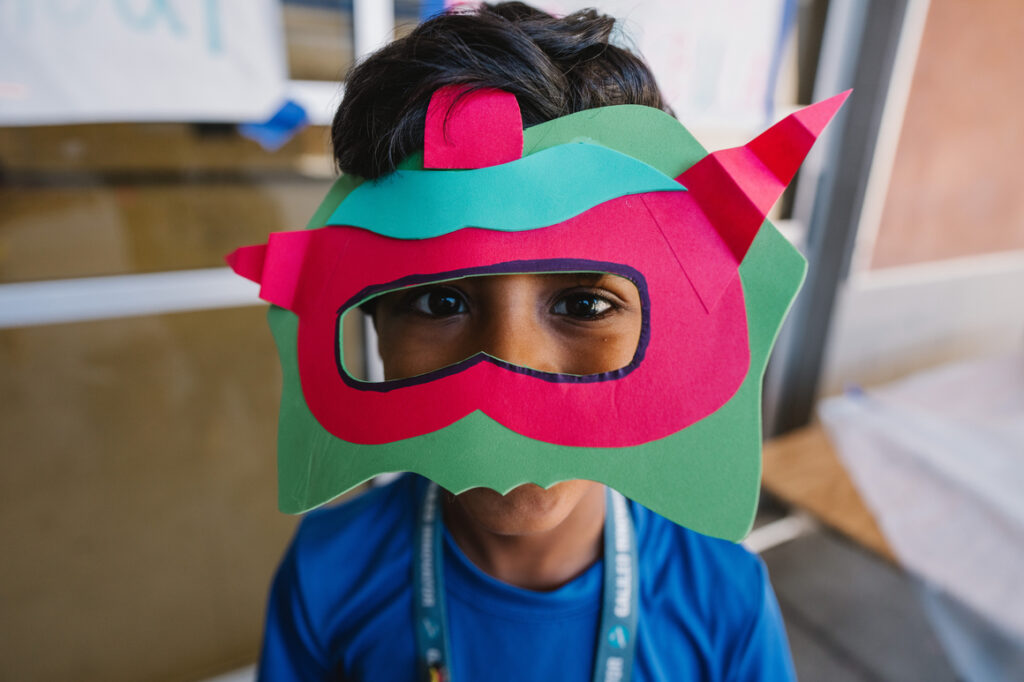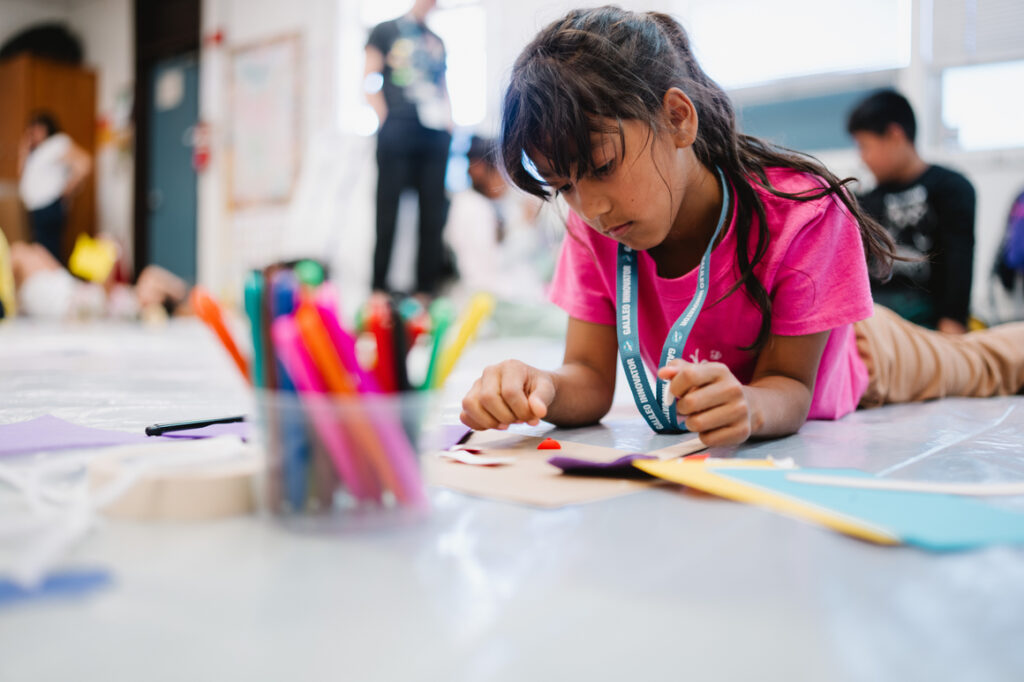Science fair season—the highly anticipated or desperately dreaded time of year—will soon be upon us. Some kids can’t wait and jump in with both feet while others procrastinate until the night before it is due. There are materials and equipment to gather, hypotheses to craft, and timelines to observe. Getting an early start with middle school science fair project ideas will make the whole process more manageable and less stressful for the entire family.
The science fair is a quintessential STEM learning opportunity. It calls into action a coordinated effort of science, technology, engineering and math concepts and skills. Also required are expository writing, data collection and organizational skills. A few simple guidelines can mean the difference between an interest-igniting project and one that generates frustration and anxiety.
Getting the Project Started
The big difference between a project kids embrace willingly and one they grudgingly accept is their interest in the topic. Once Science Fair is on the calendar, it’s time to select a focus your child is excited about.
Kids may have a favorite branch of science—life, physical, earth and space, or engineering—and they may know exactly where to focus. Other kids may need some help finding their topic and deciding on a question and hypothesis. Parents and caregivers should also weigh in on the safety factor as kids consider possible experiments.
Ask kids, “What do you wonder?”
Creativity and motivation can mean the difference between an award-winning project and one that falls flat. Since all science fair experiments begin with a question, prompt them to brainstorm a whole page of them. Let kids’ own curiosity lead the way as they record every scientific question they can think of. Then help them narrow the field.
Allow for exploratory learning
Scientific research is not only about discovering new things, but also about reproducing the work of others. Just like a working scientist, kids can conduct their own unique research project or try to replicate someone else’s. Once a hypothesis has been tested, the experiment should be reproducible.
One way to get started with scientific research is to work to reproduce someone else’s experiment. If kids find an experiment that catches their interest, recreating or extending the scope of that project is a viable scientific undertaking.
Consider a passion project
By helping kids identify something they are passionate about, you can take advantage of self-sustaining enthusiasm. Take note when they get excited about a unit of study at school or a project they worked on at camp, as these opportunities can expand into motivating science fair project ideas. Perhaps kids adore their pet or love playing video games. Maybe they are intrigued by hydroponic gardening or exercise physiology. A keen interest in learning more about a topic can drive a very successful science fair project.
Make use of unusual materials
Perhaps kids are interested in recycling or reusing available materials or they have something unusual available to them. Why not structure an experiment around it? Using coffee filters to separate candy pigments through the process of chromatography is a good example. Be sure kids develop a thoughtful question that will be answered by the data they collect.
Opt for something phenomenal
An experiment with a unique and interesting topic like the effect of temperature on chemiluminescence is an engaging project that will provide a “wow factor” at the Science Fair.
To engage and impress their audience, kids might use a multimeter to compare the electricity conducted by a fruit battery to that generated by a pickle battery or explore how carnival games are engineered to limit the number of prizes distributed.
Once a Question has Been Chosen, What’s Next?
Though science fair projects start with a question, they are driven by a hypothesis, which is the theoretical answer to that question. Usually, this requires some research into the topic. Once kids have identified their question, they should make an “educated guess” as to the answer based on what they know or have learned through researching the topic. Their experiment then becomes a test to determine if their guess or assumption was correct. The scientific method provides a universal protocol to test the validity of the hypothesis.
Many kids think that if their hypothesis is proven incorrect, their science fair project has failed. This couldn’t be further from the truth. Contrary to that belief, the true test for the validity of a science fair project is in interpreting the results and explaining them in the conclusion.
Looking Forward to the Science Fair
The best Science Fair projects are relevant to kids. So whether they are motivated by curiosity about the unknown, a passionate interest or a creative desire to help others, scientific experimentation can be a useful vehicle for their action. Helping your kids sift through middle school science fair project ideas well in advance can be a great way to get them off to a positive start.
Though it is possible to complete a project quickly at the last minute, allotting ample time for research is preferable. The whole process helps kids internalize the scientific method as they practice their observation, data collection and analysis skills. When led by their own curiosity and creative problem solving, participating in the Science Fair can be an inspiring, independent learning experience for middle school kids.



